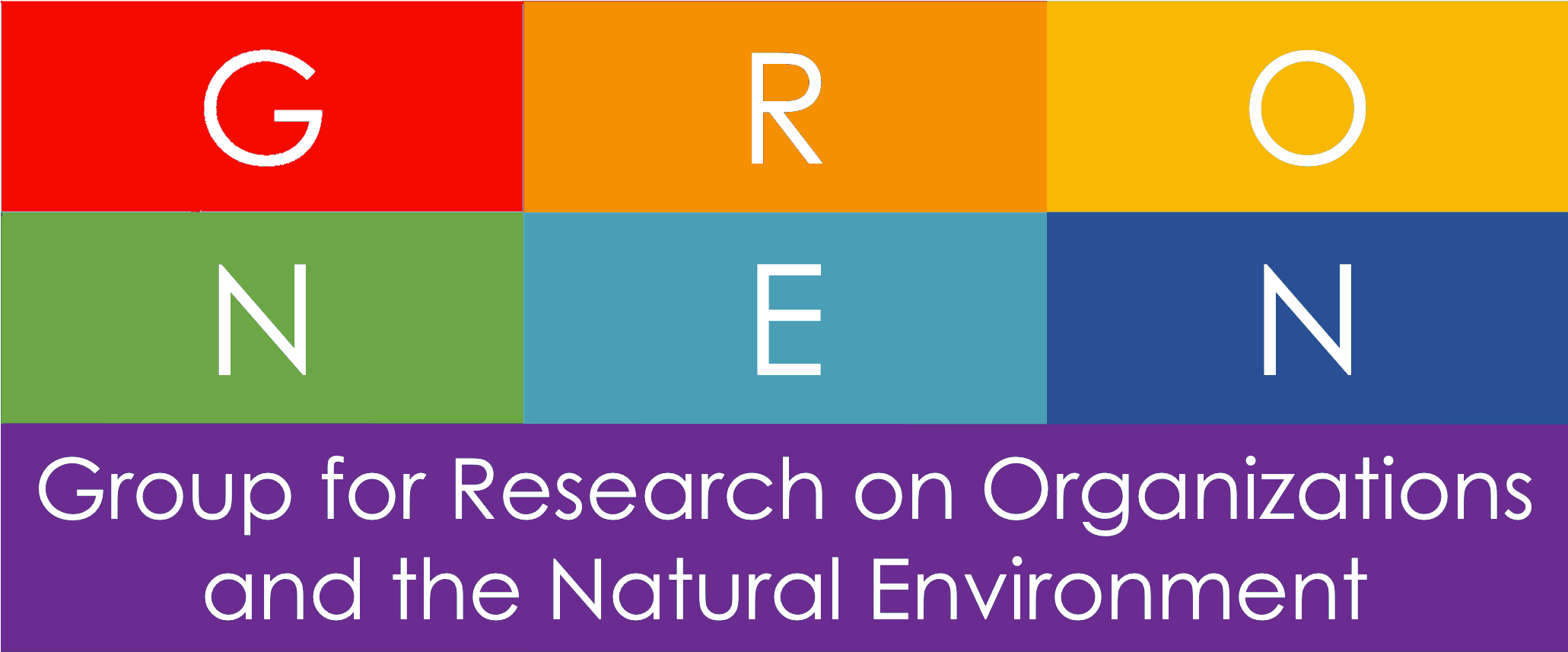
Leonie is a doctoral researcher in Sustainable Organizational Development at LUT University Business School in Finland, and the College of Business and Law at RMIT University in Australia. Her research explores the role of individuals and their inner (cognitive) processes in sustainability and regenerative transformations.
Here is Leonie’s story.
In this video, Leonie introduces herself and shares hobbies and activities she enjoys outside of work, initiatives she is involved with, her experience of the GRONEN 2024 conference, and what she looks forward to next.
What inspired you to pursue a PhD?
Before I decided to pursue a PhD, I was teaching sustainable development in various university courses, and I’d say I found a real sense of fulfillment in that work. I love creating spaces for what I like to call ‘un-learning’. So, being truly creative and engaging people not just intellectually, but also with their bodies and hearts. It might sound a bit cheesy, but in sustainability education, especially, fostering transformation often means disrupting deeply embedded thought, value, and belief systems, and that can’t happen through theory alone. Knowing that I want to continue down this path of facilitating learning (or unlearning) spaces in the future, I realized the title would provide me with a sort of legitimization to do this work, as well as a tool to deepen my practice and expand my reach.
What are the top three highlights, professional skills, or other experiences you have had during your time as a PhD student?
I’m now in my third year of my PhD, and I’d say the common thread so far has been the incredible travel opportunities. I did a ‘conference interrail’ across Europe, had the privilege of spending time in Sweden, Tanzania, and Zanzibar for data collection, and now I’m doing my secondment at RMIT in Melbourne, which is honestly pretty amazing. And of course, with travel always come the encounters: meeting people, experiencing new ways of life, stepping outside your comfort zone. I’m incredibly grateful and actually quite hopeful after connecting with so many brilliant, but more importantly, genuinely kind minds.
How would you summarize your research project(s) in a short title?
As I work from an individual, deeply personal perspective regarding sustainability transformations, something like: From Knowing to Becoming – Inner Shifts for Outer Change.
In brief, what is the empirical method/context you are adopting in your thesis?
I’m a qualitative researcher through and through. I love listening to people’s stories, hosting workshops, observing, facilitating, engaging, asking questions. I’m really trying to understand and make sense of what’s unfolding. In my research, I explore sustainability agents from multiple angles. I conduct in-depth interviews, often incorporating cognitive exercises. I’ve accompanied a leadership program for societal transformation using observational methods, facilitated focus group discussions, and engaged in autobiographical work. If I’m honest, much of my approach is guided by intuition and a deep, genuine curiosity. At the heart of it, I think it is about truly listening to people’s stories with lots of care and empathy, wanting to learn, understand, and sometimes be surprised.
Can you describe a “eureka moment” you might have had during your PhD?
Maybe, and this might not be the kind of academic eureka moment you’d expect, but the truth is, I wasn’t doing very well last year. I came close to burnout and was navigating a whole range of mental health challenges. What I came to understand during that time is captured in the saying: “It takes a village to raise a child.” And honestly, I now believe it takes a village to pursue a PhD. The love and support I’ve received from fellow PhDs and friends has been the force that allowed and still allows me to keep going in this marathon.

Climbing mountain peaks in Austria – even PhD worries feel small somewhere near 3,000 meters.
What three tips would you offer to new PhD students in your field?
- Expectation management with your supervision team and institution(s), from day 1! And this is not a one-way street, so also learning to express your own needs for support.
- Seeking mental support! Unfortunately, it’s a harsh reality that for many PhDs, this journey isn’t a smooth ride, and both coaching and more traditional therapy can be great and needed resources.
- Pick your fights! It’s wise to manage your own resources and energy, knowing you won’t change a whole system, ways of doing, culture, etc. alone or at once. Particularly when it comes to Sustainability.
Contact
You can contact Leonie via email at leonie.paul@lut.fi or connect on LinkedIn.

Karelia Dagnaud is a doctoral candidate at the Aalto University School of Business, in Finland. In her research, she explores how researchers and business practitioners learn and organize for sustainability, specifically in the textile sector context.
